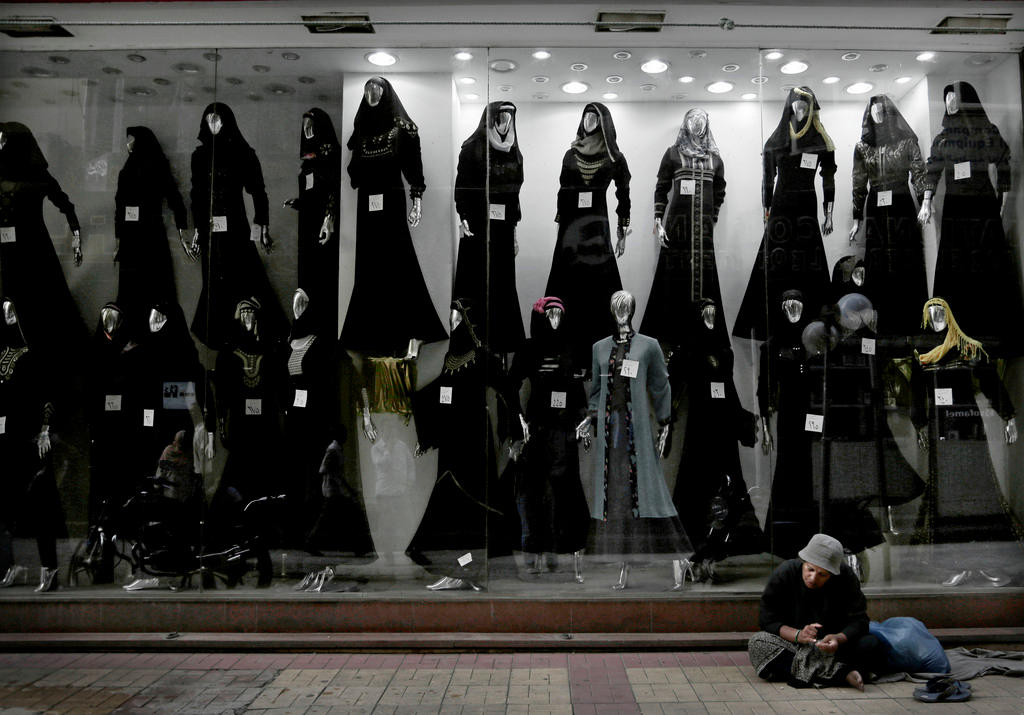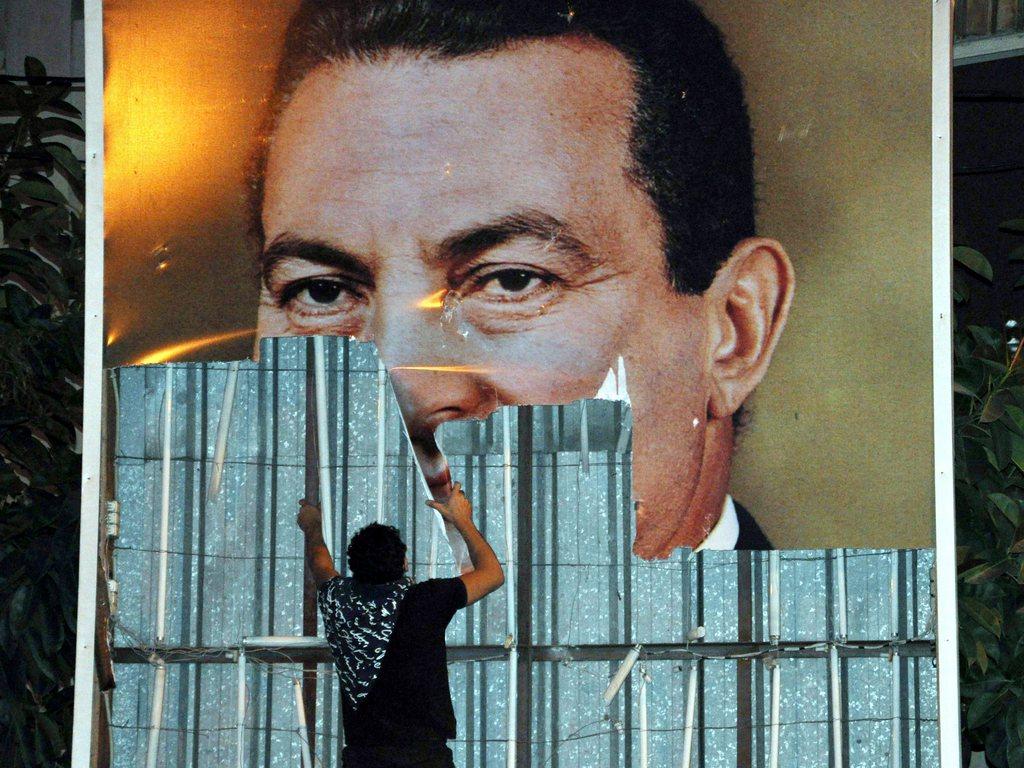Swiss push to unfreeze Egyptian assets

Switzerland and Egypt have held talks on how to move forward in the restitution of assets frozen in Swiss banks since the fall of Hosni Mubarak. Around CHF180 million has been unblocked since 2011.
Attorney General Michael Lauber met with his Egyptian counterpart in Cairo on Saturday to examine the latest developments in ongoing criminal proceedings.
Switzerland was the first country to freeze funds related to the Mubarak clan and his entourage when the former president stood down.
Six people are currently being investigated by the Swiss authorities for money laundering or supporting a criminal organisation. Switzerland has frozen CHF430 million ($418 million) in related assets. Thirteen people were under suspicion from the start.
The assets are set to remain frozen until February 2017, when the government will review whether to extend the freeze.
In July 2015 the attorney general dropped criminal proceedings against several people in Switzerland and ordered the unblocking of frozen assets amounting to CHF180 million. This, a result of the “reconciliation of decisions taken in Switzerland and Egypt”, according to the attorney general office’s statementExternal link on Saturday.
“The main challenges for the Swiss criminal proceedings remain the large amount of frozen assets and respecting the requirement to act promptly so that parties’ rights are not infringed. The latter is important primarily because the Arab Republic of Egypt has the status of a private claimant in the Swiss proceedings,” said the statement.
Ever since the Marcos (Philippines) affair in 1986, the list of illicit potentate funds that have been seized in Swiss banks and later returned to the country has steadily grown to include Montesinos (Peru), Mobutu (former Zaire), Dos Santos (Angola), Abacha (Nigeria), Kazakhstan, Salinas (Mexico), Duvalier (Haiti), Ben Ali (Tunisia), and Mubarak (Egypt).
At the start of the Arab Spring it was reported that Swiss government had blocked around $1 billion in assets deposited in Switzerland by Mubarak, Ben Ali, Gaddafi and Assad.
In July Switzerland introduced a new law to help seize and repatriate illicit wealth held in its banks by foreign dictators in cases which do not follow classic asset freezing-restitution procedures. It aims at helping Switzerland and its banks shake off their image as a secretive haven for ill-gotten riches.
The law lets Swiss authorities seize and return funds that foreign leaders looted, even in cases that cannot be resolved through standard international requests for mutual legal assistance.

In compliance with the JTI standards
More: SWI swissinfo.ch certified by the Journalism Trust Initiative

You can find an overview of ongoing debates with our journalists here. Please join us!
If you want to start a conversation about a topic raised in this article or want to report factual errors, email us at english@swissinfo.ch.